In a city in Germany a man sits writing. The article which he writes urges the indiscriminate killing of the entire agrarian class of his country - some one hundred thousand individuals. In another article written eight years later he advocates the forced expulsion from Germany of all Jews, and the burning of their books and places of worship. Who is this man? Some jackbooted official risen through the ranks of the Third Reich, eager to expand upon Der Führer's Final Solution? In fact, we are in the Germany of the sixteenth century, and the man is Martin Luther, the founder of Protestantism.
Discovering this about Luther was shocking enough for me, but the more so because I coincidentally learned of it shortly after reading in some detail in another book about the debauchery of the Renaissance popes. This decades-long era of papal degeneracy began with Alexander VI, whose idea of partying was apparently to watch while naked whores scrambled around on their hands and knees to retrieve chestnuts tossed by his dinner guests. Prizes of fine apparel were then awarded to those guests who could couple (successfully) the most times with the chestnut-chasing courtesans. These decidedly secular and morally bankrupt papacies finally came to an end over sixty years later when Clement VII died - but there was plenty of time in those misspent decades to party along in the style for which Alexander had set the precedent.
Luther's triumph was to nail his historic ninety five theses to the door of the church in Wittenburg, each blow of his hammer a cry of defiance against the misdeeds of Rome. My own mistake was to romanticise Luther's gesture and to perceive him as being the 'good guy' whose personal moral compass compelled him to reject the wrong turn which Christianity had taken at that time. What is historical fact is that Luther's stand against the papacy created the first great rift with universal Catholicism in that era, and in the process Protestantism was born. The other less comfortable facts about Luther's own moral stance are equally historically documented, but seldom aired, and even less commonly known. And yet all these historical documents exist to establish them as known facts.
So what happened? Tragedy. The ruling class in Germany took Luther at his word, and those 100,000 upstart peasants were slain. Luther had urged genocide, and genocide was what took place. That the founder of Protestantism turned out to be an anti-semitic advocate of mass slaughter is something I'm still trying to get my head around. And when set alongside such human darkness, Pope Alexander's capering naked courtesans seem almost forgiveable. Almost.
Hawkwood
Image:
Detail from 'Luther posting his 95 theses in 1517', painted in 1872 by Ferdinand Pauwels.
Sources:
The two articles by Luther cited in this post are: 'Against the Murderous and Thieving Hordes of Peasants', published as a pamphlet in 1525, and 'On the Jews and Their Lies', published as a pamphlet in 1543. The six chapters about the Renaissance popes can be read in 'The March of Folly: From Troy to Vietnam', by Barbara W. Tuchman. The essay 'The Diet of Worms and the Defenestration of Prague' can be found in the collection of essays: 'Leonardo's Mountain of Clams and the Diet of Worms', by Stephen J. Gould.

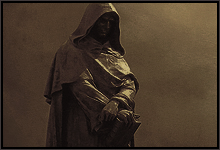


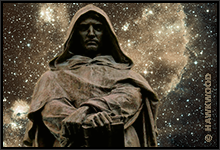
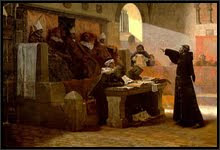





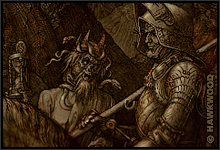
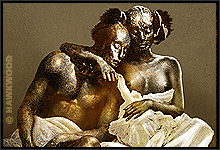

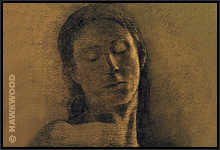
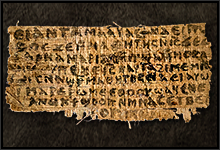













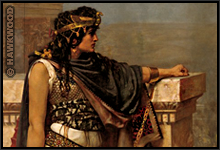



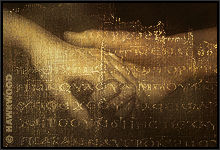
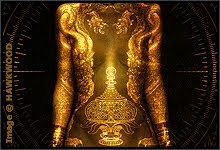

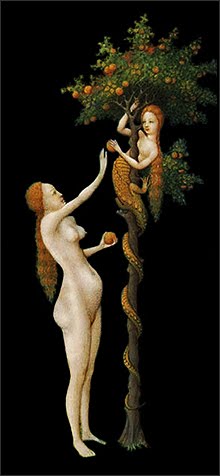




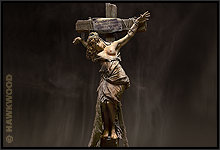
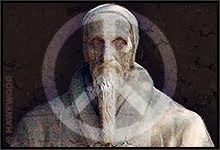
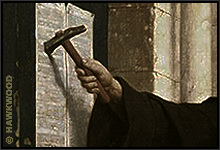


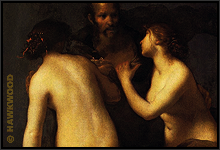



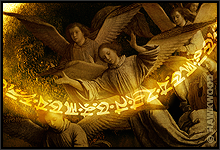

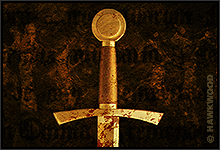
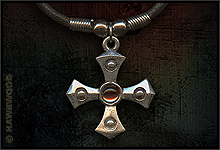
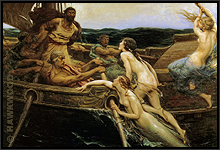

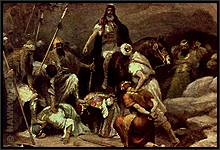
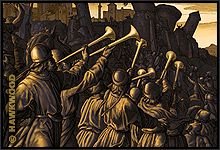
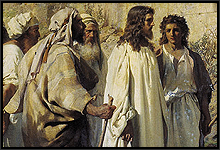
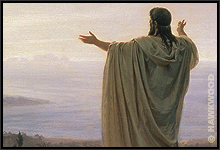
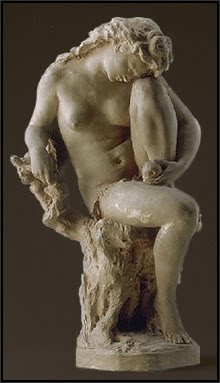




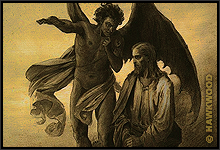
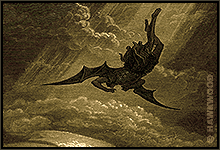












It seems to me that the Protestant Church has been as effective in silencing its dubious moral past as the Catholic Church itself at times has been. I grew up here in the Netherlands, one of the most Protestant countries in the world, and I read these facts here for the first time. I always thought of Luther as a very moral man and what you reveal here shocks me also.
ReplyDeleteDavy ...
ReplyDeleteCatholic, Cathars, Genocide ... These three words have always made me question faith in organized religion.
Your Friend Michael, Springfield Illinois
Great to hear from you, Michael - and thanks for your comment! Sadly I can only agree with you. I was actually considering writing something about the Cathars here as well. These historical facts, and the atrocities (any term less than that is a betrayal of the victims who perished) committed in the name of religion must be stated.
ReplyDelete